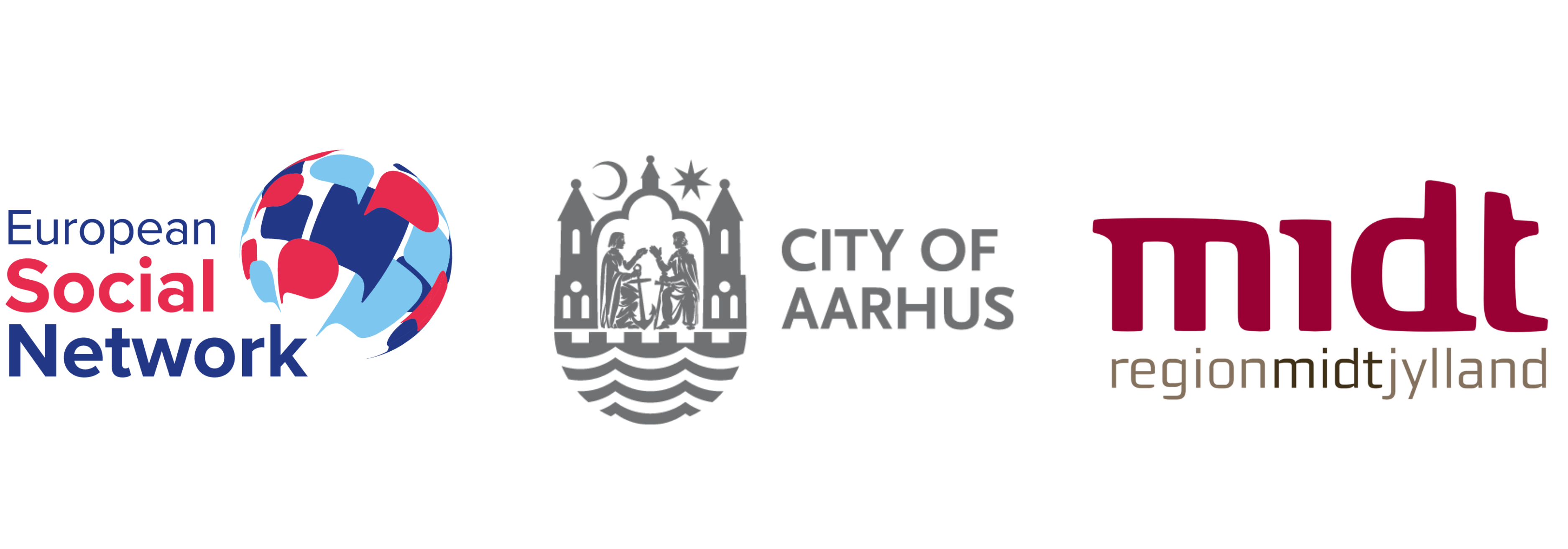Alia Kamlani, Partner and Labour Market Activation Leader, Deloitte, Canada
Pressures on the social safety net are converging, precarity is rising.
With rising budget pressures and recipient expectations, the social safety net is soon becoming unsustainable. Rapid shifts in technology, aging populations, sky-rocketing housing costs, and major fluctuations in labour markets, are putting greater stress on our systems and pushing more individuals into precarity.
Supporting individuals experiencing multiple disadvantages is more complex than ever. Social issues and needs don’t exist independently and most individuals who benefit from social services agencies are experiencing multiple disadvantages simultaneously – barriers such as homelessness, reoffending, substance misuse or mental illness.
How can we ensure social services are keeping up?
When social services agencies are intentional about connecting services to meet an individuals’ full scope of needs, outcomes can be drastically improved. To achieve this, social sector organizations need to move to preventive models that address issues before they lead to crises, and integrate technology to improve speed to outcomes and enable more person-centered approaches. We need more “wraparound” social services that integrate access to income assistance, childcare, health services, housing aid, and other forms of support, to allow clients to achieve stability more quickly.
Deloitte has examined leading global practices and innovations that offer insights into future reforms and will be sharing lessons learned at the 2023 European Social Conference. Join us to learn more!
ESN Conference Panel Details
Deloitte will be hosting an exciting global panel: Supporting Individuals Experiencing Multiple Disadvantage and How Technology Can Assist at the European Social Services Conference on 15 June. Together, we will explore how governments can develop portfolios of services and digital enablers to support citizens experiencing multiple barriers. Our panel of public and private sector exerts will bring their insights and leading thinking on how agencies, aided by technology, can take a holistic approach to services and partner differently across their ecosystems to promote greater integration of care. We will challenge today’s orthodoxies and explore how:
- Technology and data can accelerate service delivery and improve the client experience, by allowing services to be more customized and connected, while enabling case workers with digital tools designed for more effective service delivery.
- Organizations can create portfolios of services, delivered across a coordinated ecosystem of players to better serve the range of client needs.
- Holistic needs assessments and client segmentation can enable a better distribution of resources and elevate the voices of those with lived experience in the design and delivery of future programs.
- Devolution of authority to where decisions can be most effectively made and executed can innovate delivery models. Too often our models are premised on the belief that government knows best. More and more countries are devolving decisions to community partners, enabling them to collaborate more closely, and to individuals themselves, who are often best positioned to know what they need.
Come prepared to share your questions and contribute to a thought-provoking conversation!

